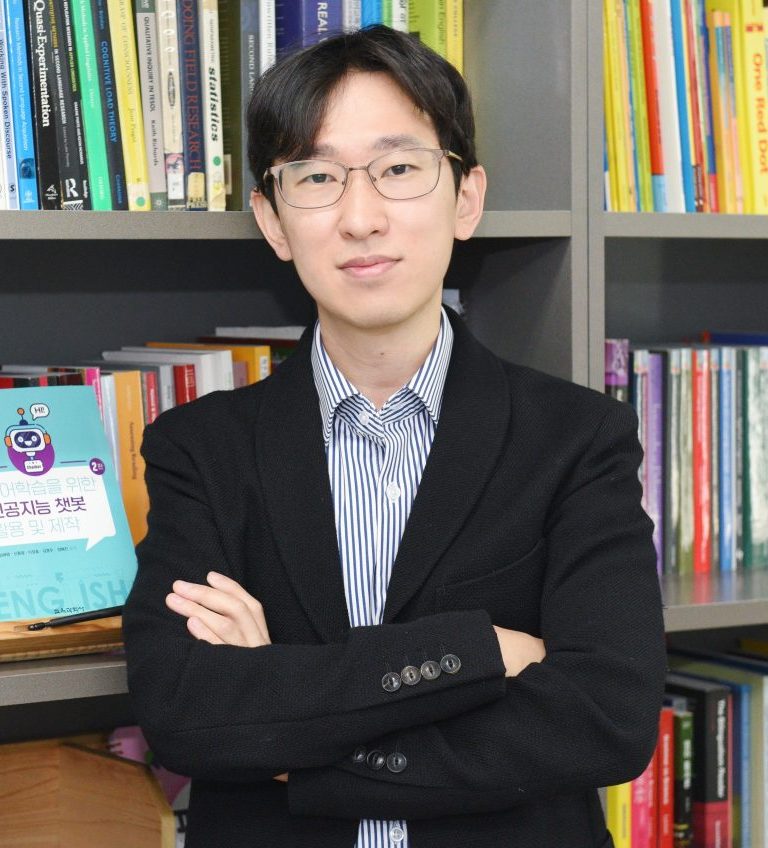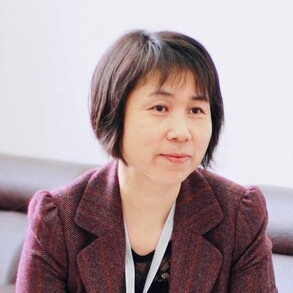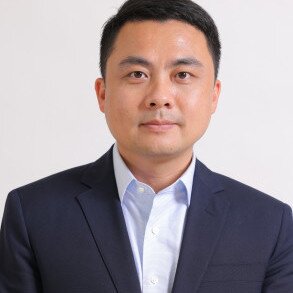|
Abstract: This talk introduces the Critically Engaged Literacy Workshop (CELW) as a decolonial research methodology and pedagogical approach that fosters critical awareness, anti-racist engagement, and transformative action. While applied linguistics increasingly recognizes the need for activist scholarship, there remains a gap in decolonial methodologies that guide research and pedagogy. CELW addresses this gap by providing a collaborative, participatory space where marginalized voices are centered through multilingual and multimodal narratives, fostering both reflection and action. Drawing on participatory action research and generative design tools, CELW goes beyond interpretation to facilitate agency, resistance to hegemonic structures, and social change. Through engaged interactions among researchers, educators, and communities, CELW promotes critical consciousness of language, power, and inequality while enabling meaningful activism. This talk will explore CELW’s theoretical foundations, its potential for disrupting colonial ideologies in English language education, and its implications for fostering more equitable, socially just learning environments.
|













